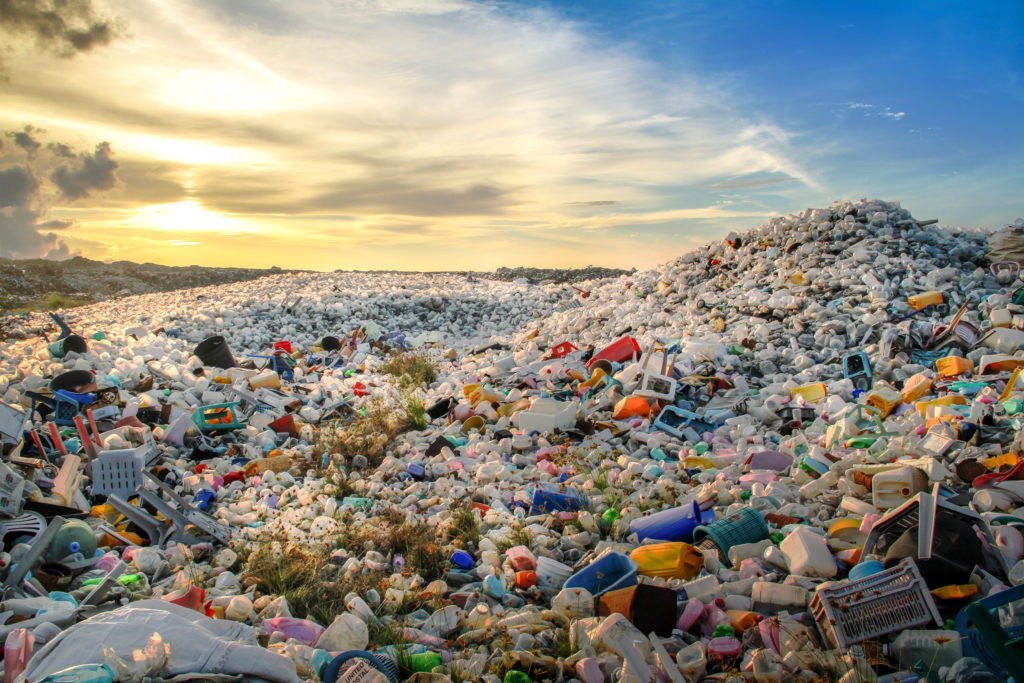At the UN Environment Assembly in Nairobi yesterday (2 March), representatives from 175 countries agreed to commit to the 2024 agreement, which will include the full lifecycle of plastic, including its production, design and disposal.
The move was welcomed by the Department for Environment Food and Rural Affairs (Defra) minister Zac Goldsmith, who was in attendance at the summit.
He said: “This agreement by governments at UNEA is truly historic, and I’m so proud that the UK co-sponsored the proposals and helped get them over the line.
“I am so grateful to UK negotiators for their fantastic work securing agreement this week.”
Resolution
The UN will now establish the Intergovernmental Negotiating Committee (INC), which will begin its work in 2022 to set the 2024 target.

The INC is “expected to present a legally binding instrument”, which would reflect “diverse alternatives” to address the full lifecycle of plastics, the design of reusable and recyclable products and materials, and the need for enhanced international collaboration to facilitate access to technology, capacity building and scientific and technical cooperation.
The UN Environment Programme (UNEP) will convene a forum by the end of 2022 that is open to all stakeholders in conjunction with the first session of the INC, to share knowledge and best practices in different parts of the world.
Negotiations
Inger Andersen, executive director of UNEP, said: “Let it be clear that the INC’s mandate does not grant any stakeholder a two-year pause.
“In parallel to negotiations over an international binding agreement, UNEP will work with any willing government and business across the value chain to shift away from single-use plastics, as well as to mobilise private finance and remove barriers to investments in research and in a new circular economy.”
Measures
Defra added that while the terms of the treaty are still to be negotiated it could include measures that promote sustainable production and consumption of plastics, as well as more environmentally sound waste management.
The department explained that this would also work hand-in-hand with its Environment Act, which gives Defra “a raft of new powers to step-up our war against plastic pollution”.










Subscribe for free